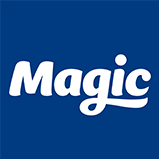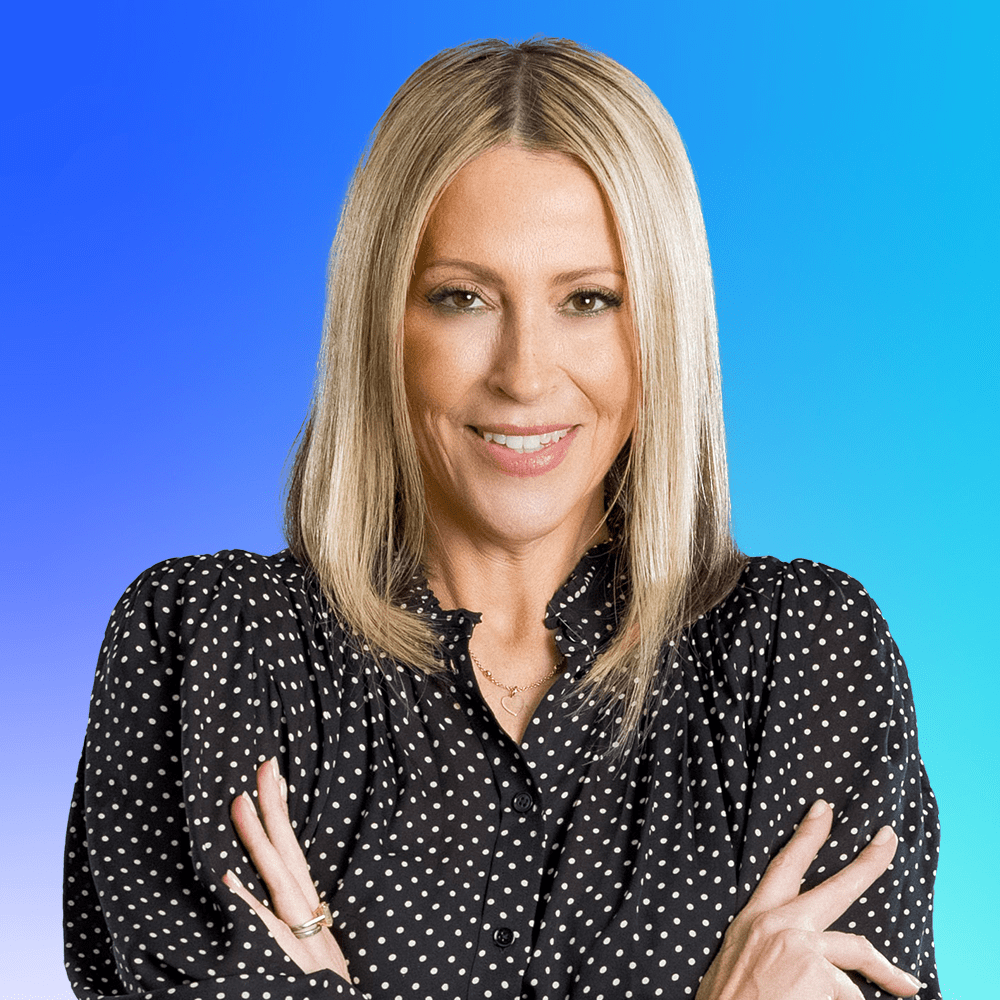GET-A-HEAD campaign calls for improved baby health care
We're working alongside Harry's Hydrocephalus Awareness Trust to call for an improved set of national guidelines that would standardise health care for babies across England.
Last updated 21st Feb 2023
There are calls for an overhaul of baby health care to help prevent children with life threatening conditions like hydrocephalus from slipping through the net.
We’re campaigning alongside Harry’s Hydrocephalus Awareness Trust (Harry's HAT) to call for an improved set of national guidelines that would standardise health care for babies across England.
The charity's GET-A-HEAD campaign was originally launched to raise awareness of the importance of head circumference measurements in a child's first year, and to educate parents on why they're taken. A rapidly growing head, or a head that is disproportionately large compared with the rest of the baby's body can be an indicator of a health issue that requires further investigation.
This arm of the GET-A-HEAD campaign is now going further with its ambition to revolutionise health care for babies, by asking for improvements in three areas.
CONTACT:
A minimum number of face to face contacts with health professionals in the first year of a child's life. This has recently been adopted in Scotland, where health visiting teams are now committed to 8 visits with a family in the first 12 months.
COMMUNICATION:
Midwives, GPs, Health Visitors etc to briefly explain why they perform each one of their checks. For example - does the parent know why head circumference measurement is important and do they know when to expect this measurement to be taken again?
CONCERN:
A review of the current NICE guidelines which discuss when and how a health professional should refer a child with concerning symptoms to a specialist team.
The aim of the guidelines is that no matter where you live, you can expect the same standard and intervals of care across England.
Victoria Glover is our reporter and campaigning journalist: "My own son was diagnosed with a condition called hydrocephalus at 10 months old. It’s also known as water on the brain and if left untreated, it’s life threatening. He was diagnosed late and opportunities to spot it were missed. That's why I became involved with Harry's HAT.
"I think if we had these new and improved national guidelines, every single parent would benefit, whether or not their child goes on to receive any kind of diagnosis.
"Increased contact with health professionals can only be a good thing. In Scotland where they have recently changed their health visiting model, it has already been noted that increased contact between parents and a health visiting teams helps to foster positive and trusting relationships.
"Communication is also key. A parent feels much more at ease handing their child over to a professional if they understand what is happening - and why. It empowers parents when they have the relevant information and allows them to better advocate for their child.
"I think it's undeniable that in the majority of cases, early intervention is key to achieving the best outcomes for any child with a life threatening condition."
Caroline Coates, Chief executive of the charity said: "This has come from families getting in contact with us with heart breaking stories about opportunities for early diagnosis having been missed. We're seeing inconsistencies across the UK; We're seeing really good practise and then we're seeing areas where babies aren't being diagnosed as early. As a charity, we see the impact for that baby and also their parents.
"To me its about parity as well. It shouldn't matter where you are, the outcome should be the same if the child is symptomatic and at the moment it's not, and that's really difficult. The disparity is highlighted when families connect through charities like ours and realise that care has been much better for another family than it was for them.
In summary, what we want is better communication so that parents and health professionals know why they're measuring the head and know the signs of hydrocephalus. We want more contact because of health professionals don't see these children then you can't pick up the signs and symptoms. And if there's concern around any of the babies, we want a timely referral."

